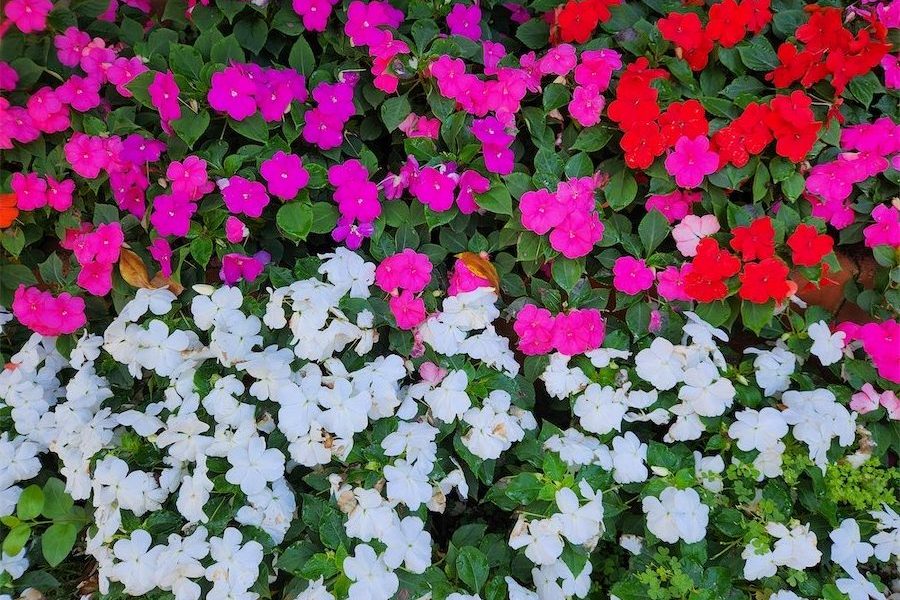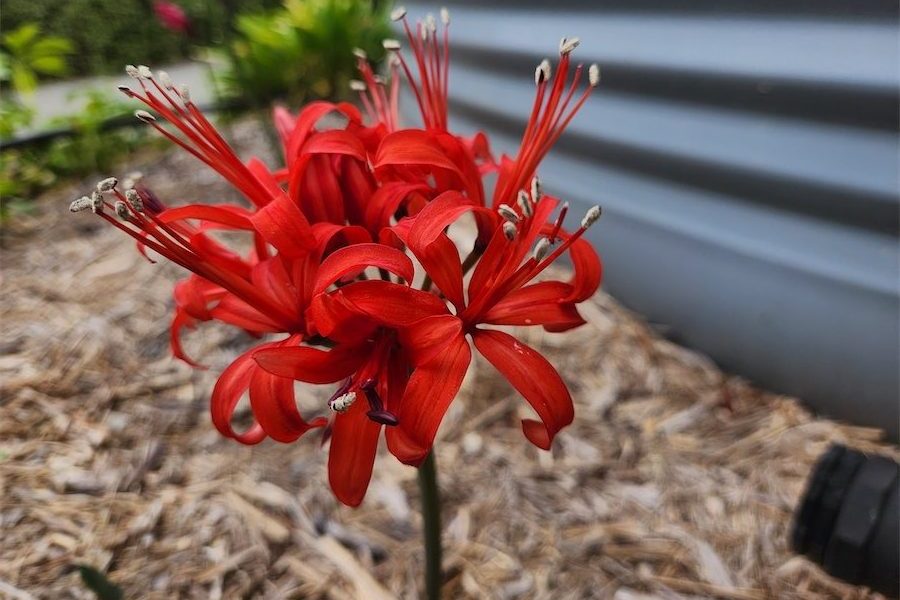IN a few days, we are told, it is spring, although in Canberra we generally think of the season’s real start as October.
It has been a magic winter with regular rainfall and while we have had our fair share of frosts, daytime temperatures have been above average.
For bulbs, low night temperatures are a good thing. In previous years, higher temperatures have resulted in Floriade’s bulbs coming into flower prematurely.
Spring and autumn are the optimum seasons to feed plants. Irrespective of how much plant nutrients are applied in high summer, there is little growth. However, excessive applications of plant food produces soft growth and fewer flowers, especially if it is synthetic fertiliser.
The Royal Horticultural Society, in the UK, suggests that using manure and compost is the most environmentally friendly way to keep gardens fertile. Especially if the compost is from your own heap, as you know the composition of its contents.
However, at times you may not have enough veggie scraps, prunings etcetera, so adding animal manure is an ideal supplementary way to boost the heap. At the same time, the heat from composting manures combined with applications of liquid seaweed will accelerate decomposition.
Organic gardeners, who without a doubt are on the increase, like to improve the soil so that, in turn, the soil feeds the plants.
Synthetic or chemical fertilisers are relatively cheap and readily available, but are not sustainable in the long term.
The aim of organic gardeners is to eliminate their use completely. These are generally made from finite sources such as rock phosphates and potash deposits. Fossil fuels are used to make nitrogen fertilisers. There is added cost in transporting them, often over long distances similar to the principle of food miles. For the fertilisers have to be firstly transported to the growers of fruit and veggies. Then the produce has to be transported to, first, the wholesale markets and then the shops.
Using organic fertilisers may cost more than chemical fertilisers, but from the soil and plants point of view they release the nutrients more slowly. This has the added advantage of little or no pollution and run-off, the cause of major problems in areas such as the Great Barrier Reef and the Clarence River system.
Vast amounts of chemicals as run-off from farms such as banana plantations are killing fish and other marine animals in massive quantities. The same problem is applicable to inland river systems.
As the RHS suggests, seaweed, which does not involve any animal or fishery issues, when processed into fertiliser can contain significant levels of nutrients including trace elements. This promotes increased root development and reduces the effect of frost on plants. As a liquid this soaks into the soil and is of immediate benefit to the plant.
Whereas chemical fertilisers have to be dissolved. This can be by watering or rain, both of which can be a disadvantage. For example we have been getting more frequent heavy falls of rain and storm activity. This results in the chemical fertiliser being washed away, often on paths and into the stormwater system. Or if you have a drip irrigation system the chemical fertilisers receive no water to dissolve the granules, unless you inefficiently hand water.
Flood, glorious food!
-
Before you reach for plant food at your local garden centre, ask the staff: “Is this organic?” Your garden centre is the best place to give you correct horticultural advice.
-
It is never too late to start a compost heap.
-
Now is the time to empty your compost heap or spread those heaps or bags of autumn leaves.
-
Spread compost on top of the soil, do not dig it in, the worms will do this for you. Mulch goes over the top of compost.
-
Order a good load of Canberra Organic Mulch from Canberra Sand and Gravel.
-
Feed all plants in the garden for maximum spring growth.
Final thought for optimistic gardeners’: the caterpillar thought just as the world was over, it turned into a butterfly.
Who can be trusted?
In a world of spin and confusion, there’s never been a more important time to support independent journalism in Canberra.
If you trust our work online and want to enforce the power of independent voices, I invite you to make a small contribution.
Every dollar of support is invested back into our journalism to help keep citynews.com.au strong and free.
Thank you,
Ian Meikle, editor




Leave a Reply